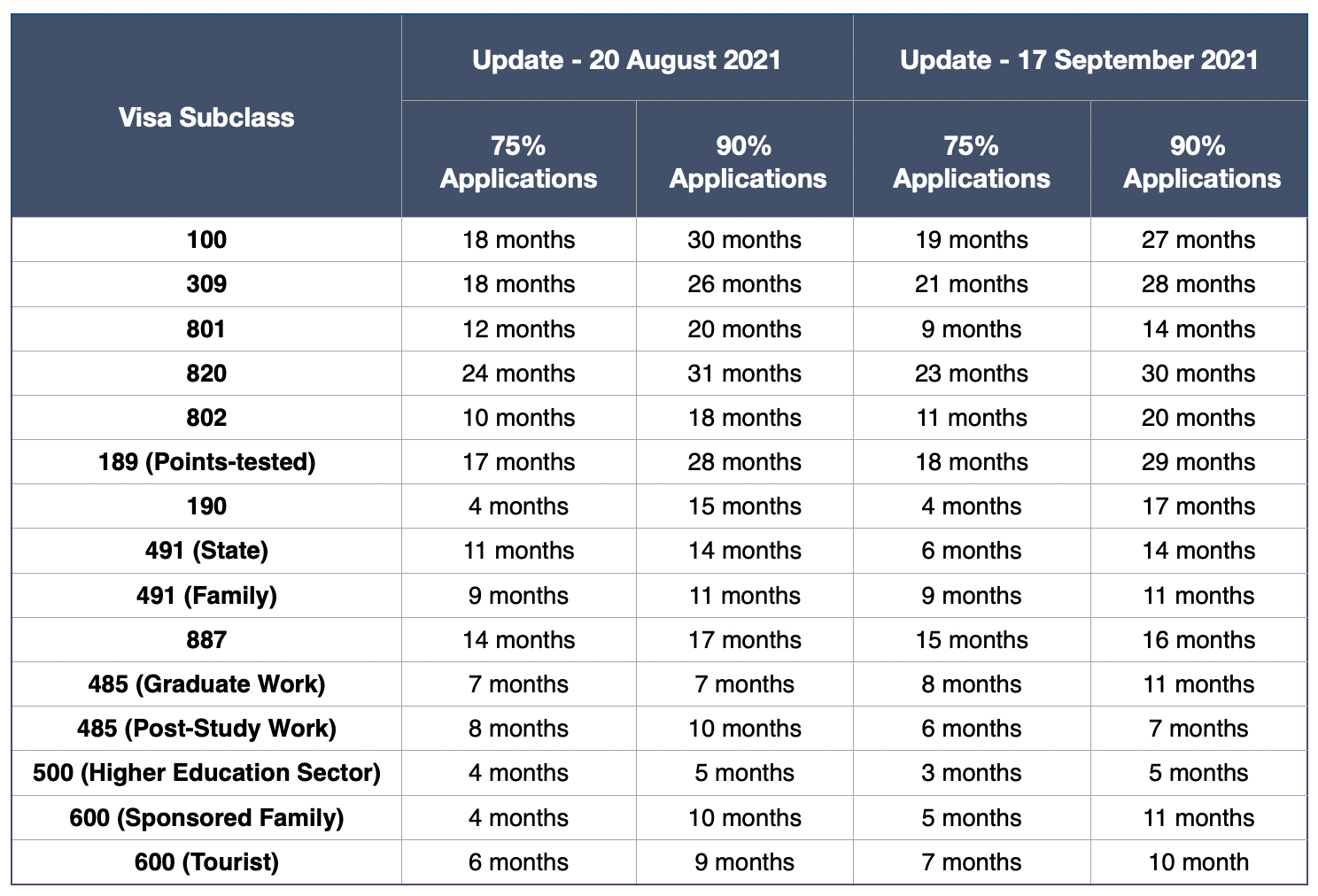
Australia’s Key Reforms in Sponsored Visas – 2023
Australia’s Key Reforms in Sponsored Visas – 2023
Australia’s migration space is undergoing significant changes that will profoundly impact the sponsored visa process. These reforms aim to simplify procedures, provide more opportunities for temporary workers to become permanent residents, and address critical labor shortages in key sectors.
In this article, we will explore the key reforms and their implications for individuals interested in migrating to Australia.
1. Increased Minimum Wage for Sponsored Employees.
Starting from 1 July 2023, the minimum yearly wage for sponsored employees, known as the Temporary Skilled Migration Income Threshold (TSMIT), will be raised to $70,000 per annum. This change ensures that sponsored workers receive fair compensation and can sustain themselves in Australia. It reflects the government’s commitment to supporting the financial well-being of sponsored employees.
2. Clear Pathways to Permanent Residency for Skilled Temporary Workers.
By the end of 2023, all skilled temporary workers in Australia will be provided with a clear pathway to Permanent Residency. This means that those who have been working temporarily will have an opportunity to become permanent residents, allowing them to stay in Australia indefinitely.
This change recognizes the contributions of skilled temporary workers to the country and encourages their long-term integration into Australian society.
3. Streamlining the Hiring Process: Abolishing Labour Market Testing.
Previously, employers were required to advertise nominated positions to demonstrate that no suitably qualified Australian workers were available. However, the reforms will abolish this requirement, known as Labour Market Testing (LMT). This change simplifies the hiring process for employers and reduces administrative burdens. It allows employers to hire skilled migrants more efficiently and ensures a smoother visa application process.
Three-Tier Approach to Migration
To cater to different skill levels and address labor market needs, a three-tier approach to migration will be implemented:
- Highly Skilled and Compensated Migrants (Light-Touch Approach): This tier focuses on attracting highly skilled individuals who bring unique expertise to Australia. The process for this category will be streamlined to make it easier for these individuals to migrate to Australia. The government aims to attract top talent from around the world and ensure that Australia remains a desirable destination for skilled professionals.
- Mid-Tier Workers (Above TSMIT): This tier encompasses professionals who earn above the newly increased TSMIT of $70,000 per annum. It caters to individuals with specialized skills and qualifications, contributing to sectors that require specific expertise. The government recognizes the importance of these professionals in driving economic growth and innovation.
- Lower-Wage Tier for Skills Shortages: This tier addresses critical labor shortages in sectors such as Aged and Disability Care. It allows migrants with lower wages to fill these gaps and provide essential services to the community. This tier aims to support industries facing acute skill shortages and ensure the availability of vital services.
Conclusion
The upcoming reforms in Australia’s sponsored visa process signify a significant transformation in the country’s immigration system. The increased TSMIT, pathways to Permanent Residency for skilled temporary workers, and the abolition of labor market testing are designed to make the migration process more accessible and efficient. The introduction of a three-tier approach aims to attract highly skilled individuals, address labor shortages, and promote long-term integration. As further consultations take place, these changes will continue to evolve, with the initial steps scheduled to be implemented from the 1st of July.











Recent Comments